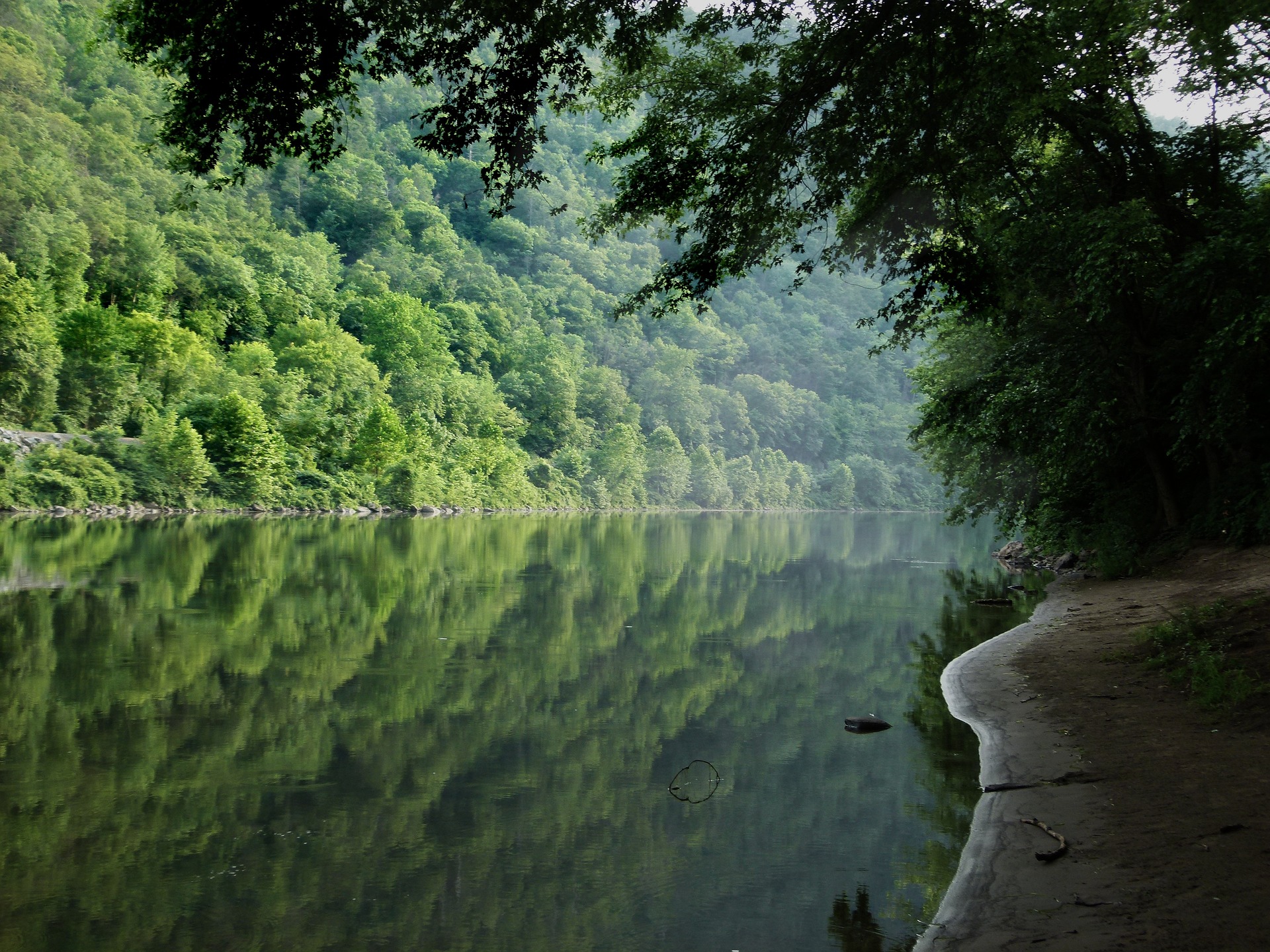
Coalition Letter Supporting Riparian Buffer Zones
We are writing in support of House Bill 1275, State Representative Joe Webster’s legislation to permanently protect Pennsylvania’s threatened forested stream banks and riverfronts, often called “riparian buffer zones.”
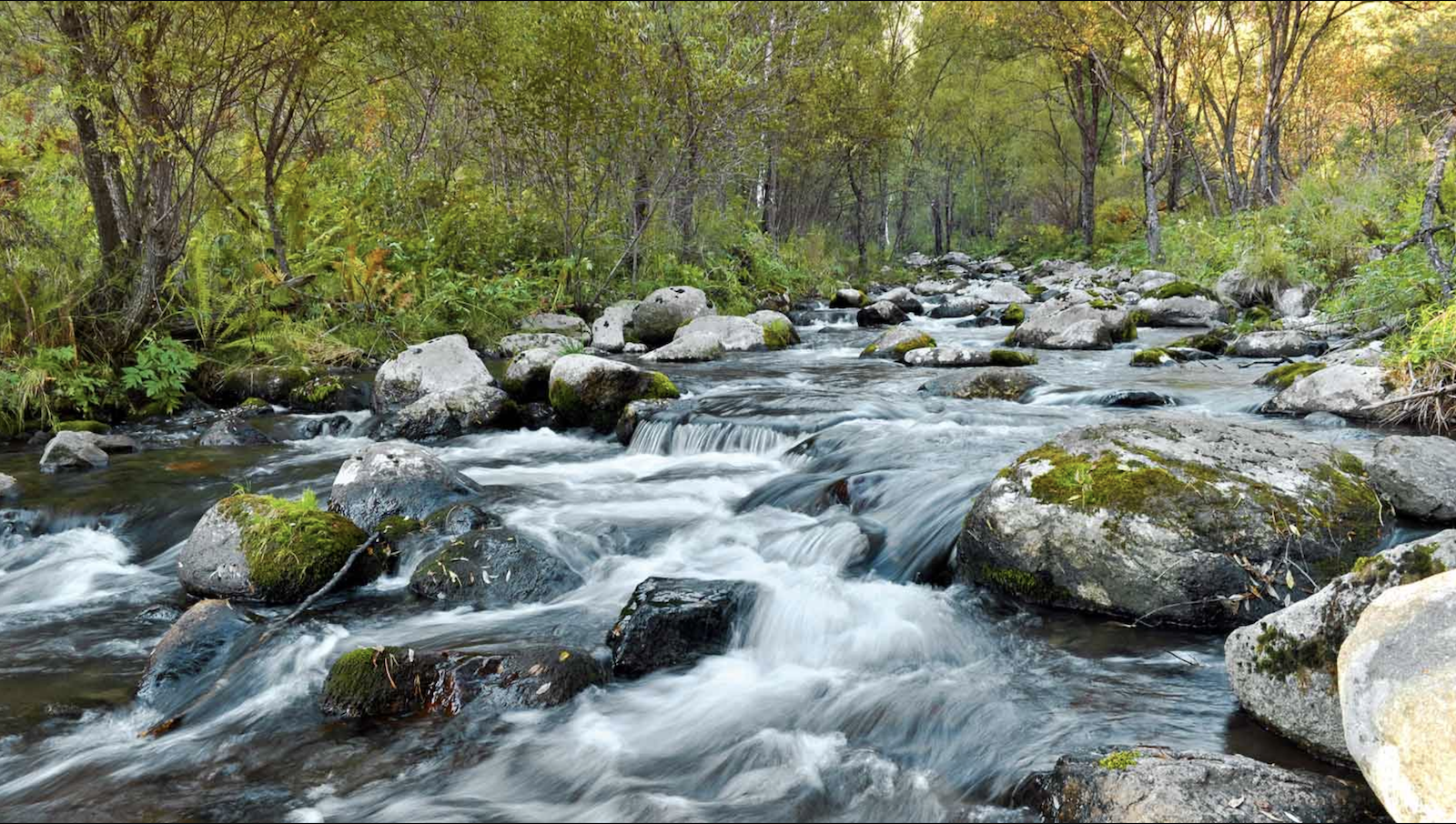
Coalition Letter Supporting Riparian Buffer Zones
We are writing in support of House Bill 1275, State Representative Joe Webster’s legislation to permanently protect Pennsylvania’s threatened forested stream banks and riverfronts, often called “riparian buffer zones.” If not already a cosponsor of this important legislation, we hope that you will add your name as a cosponsor today.
Some of the best parts of Pennsylvania are the awe-inspiring streams and rivers that crisscross the Commonwealth. These are the places we hike, fish, or go to just get away from it all. They are also critical for supplying millions of Pennsylvanians with clean drinking water and helping reduce flood damages harming the lives, safety, security and local economies of so many communities across the Commonwealth.
Sadly, Pennsylvania has lost vast acres of forested stream and riverfronts to development and unnecessary deforestation. The loss of these protective natural areas is directly responsible for increased flooding, erosion, pollution and ecological destruction. HB 1275 would ensure our remaining forested buffers are protected at a level science supports, and to support restoration of natural buffer areas when opportunities associated with new development projects present.
Consider:
- Studies have shown that forested riparian buffer zones can help protect drinking water sources by reducing nitrate pollution from flowing into nearby streams by up to 26%, sediment pollution by 43%, and pesticide runoff by 50% or more. Some studies have found that buffer zones can remove up to 90% of the sediment, phosphorous and nitrogen from agricultural runoff before it reaches stream systems.
- Riparian buffer zones help reduce the threat of flooding for nearby and downstream communities. A recent study by the Delaware County Planning Department stated, “Riparian buffers are often the first line of defense from flooding in developed areas”.
- Riparian buffer zones serve as critical habitat for Pennsylvania’s native species. Studies show that the presence or absence of forested riparian buffer zones may be “the single most important factor altered by humans” that affect macroinvertebrates in our streams. Other studies show that protecting riparian buffer zones can increase the regional richness of species by more than 50%. With so many businesses dependent upon the business opportunities created by fishing, hunting, birding, boating, and other forms of ecotourism in Pennsylvania, protecting aquatic life, wildlife, and the beauty of streamside ecosystems means big business for many Pennsylvanians.
- Research shows that protecting buffer zones can also have significant economic benefits for local and downstream communities, as well as the commonwealth’s taxpayers. A study by ECONorthwest for the Delaware Riverkeeper Network showed that just one acre of forested riparian buffer zone can produce $10,000 in economic value, including reducing erosion and flooding, increasing water purification, wildlife habitat, and property values.
Relying upon scientific research regarding buffer widths needed to secure essential community benefits, HB 1275 will help provide much-needed protection for Pennsylvania’s riparian buffer zones. When new development or redevelopment projects advance, HB 1275 will require protection of a minimum 100 foot riparian buffer along each side of a surface body of water, with a minimum 300 foot buffer for streams that have been designated as High Quality or Exceptional Value, and a middle 150 feet to help improve water quality in streams listed by the state as impaired and subject to TMDL regulatory protections.
HB1275 will allow municipalities to decide if they would like to take the lead in passing an ordinance specifically for their community, or would prefer application of state created protections..
HB 1275 carves out exemptions for existing land uses and development, agriculture, logging, transportation projects, utility lines, stream restoration projects, water dependent recreation facilities that are low impact and meant for public use, and community trail projects. The legislation also provides exemptions and guidelines for construction of single family homes to be constructed on streamside lands of a size and shape that inhibit full compliance with the new buffer mandate.
This legislation is carefully crafted to ensure that as we move forward as a community, we are properly protected by the forested buffer landscapes our communities need to help secure their present and future health and safety, without compromising the range of other rights, opportunities and needs Pennsylvanians depend upon and enjoy.
Pennsylvania can be a leader in the effort to protect threatened forested buffer zones along our rivers and streams. This is critical for our vibrant recreational economy, helping to protect Pennsylvania’s native wildlife species, ensuring clean drinking water and reducing the growing impacts of human-induced flooding and damages. Please support this legislation and add your name as a cosponsor today.
Sincerely,
PennEnvironment
Delaware Riverkeeper Network
American Rivers
Appalachian Mountain Club
Aquashicola/Pohopoco Watershed Conservancy
Big Sewickley Creek Watershed Association
Brodhead Chapter #289 Trout Unlimited
Brodhead Watershed Association
Bucks County Audubon Society
Cambria County Conservation & Recreation Authority
Chesapeake Legal Alliance
Clean Air Council
Clean Water Action
Conservation Voters of PA
Delaware River Greenway Partnership
Dunkard Creek Watershed Assn., Inc.
East Coventry Advocacy
Friends of Cherry Valley National Wildlife Refuge
Friends of the Riverfront
Green Valleys Watershed Association
Jacobs Creek Watershed Association
Keystone Trails Association
Lacawac Sanctuary Field Station and Environmental Education Center
Lower Susquehanna Riverkeeper Association
Loyalhanna Watershed Association, Inc.
Moravian Historical Society
Mountain Watershed Association
National Parks Conservation Association
NEPA Green Coalition
Newtown Creek Coalition
North Country Trail Association
Natural Resources Defense Council (NRDC)
Pasa Sustainable Agriculture
PennFuture
Penns Valley Conservation Association
Pennsylvania Audubon Council
Pennsylvania Resources Council
Pennypack Ecological Restoration Trust
Physicians for Social Responsibility PA
Rails to Trails of Bedford County
Reel Fish’n
Riverways Collaboration
Sierra Club, Pennsylvania
Spring Creek Chapter of Trout Unlimited
Susquehannock Trail Association
Sustainable Business Network of Greater Philadelphia
Three Rivers Waterkeeper
Tookany Tacony Frankford Watershed Partnership
Valley Forge Trout Unlimited
Valley Forge, Audubon, Society
Venango Senior Environmental Corp
Waterkeepers Chesapeake
Wissahickon Trails
Wyncote Audubon Society
500 Women Scientists, Philly Pod
Topics
Authors
David Masur
Executive Director, PennEnvironment
Started on staff: 1994 B.A., University of Wisconsin-Madison As executive director, David spearheads the issue advocacy, civic engagement campaigns, and long-term organizational building for PennEnvironment. He also oversees PennPIRG and other organizations within The Public Interest Network that are engaged in social change across Pennsylvania. David’s areas of expertise include fracking, global warming, environmental enforcement and litigation, and clean energy and land use policy in Pennsylvania. David has served on the environmental transition teams for Gov. Tom Wolf and Philadelphia Mayor Jim Kenney. Under David’s leadership, PennEnvironment has won the two largest citizen suit penalties in Pennsylvania history against illegal polluters under the federal Clean Water Act and the largest citizen suit penalty under the federal Clean Air Act in state history.
Find Out More
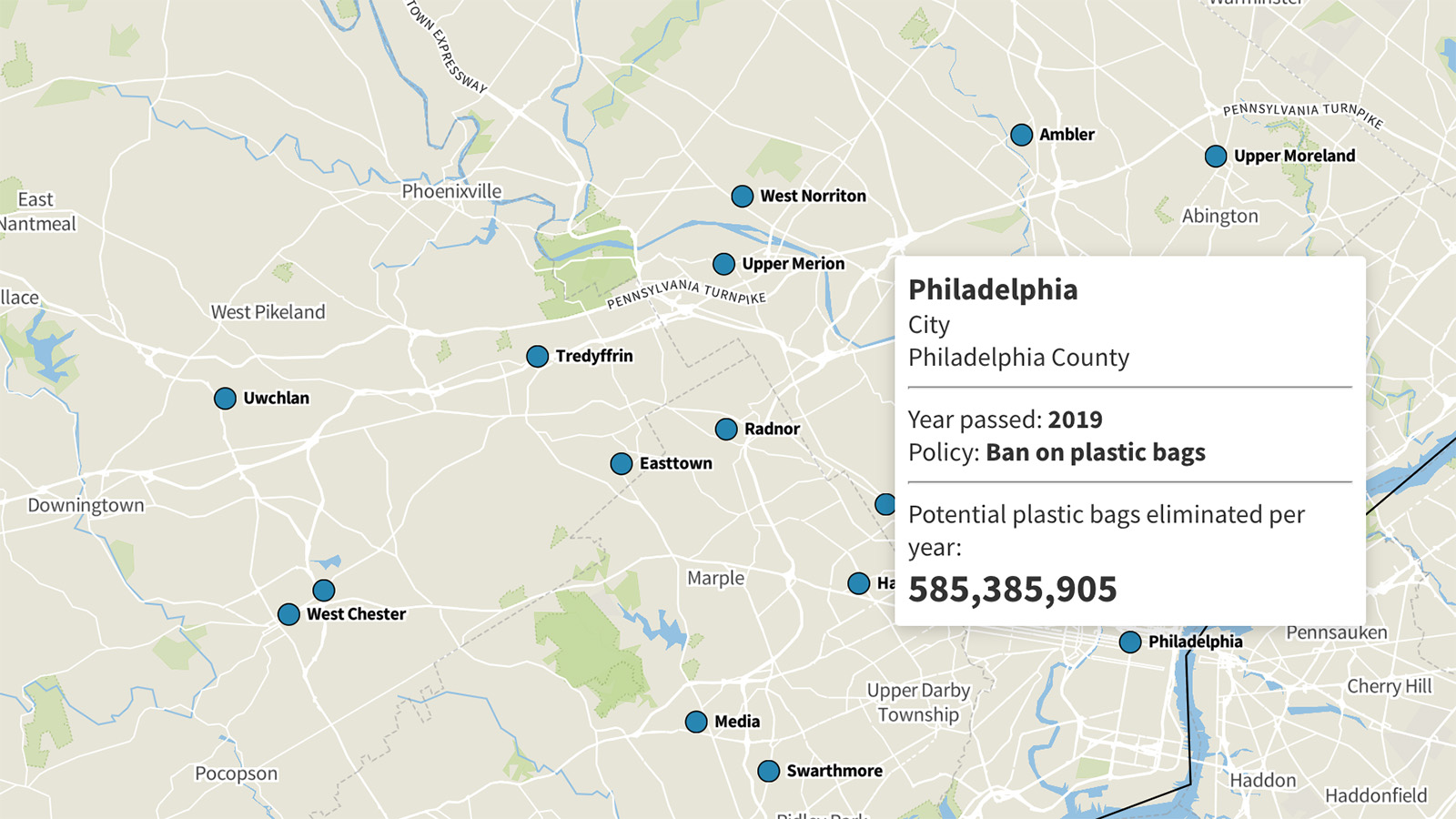
Pennsylvania’s local laws reducing plastic waste
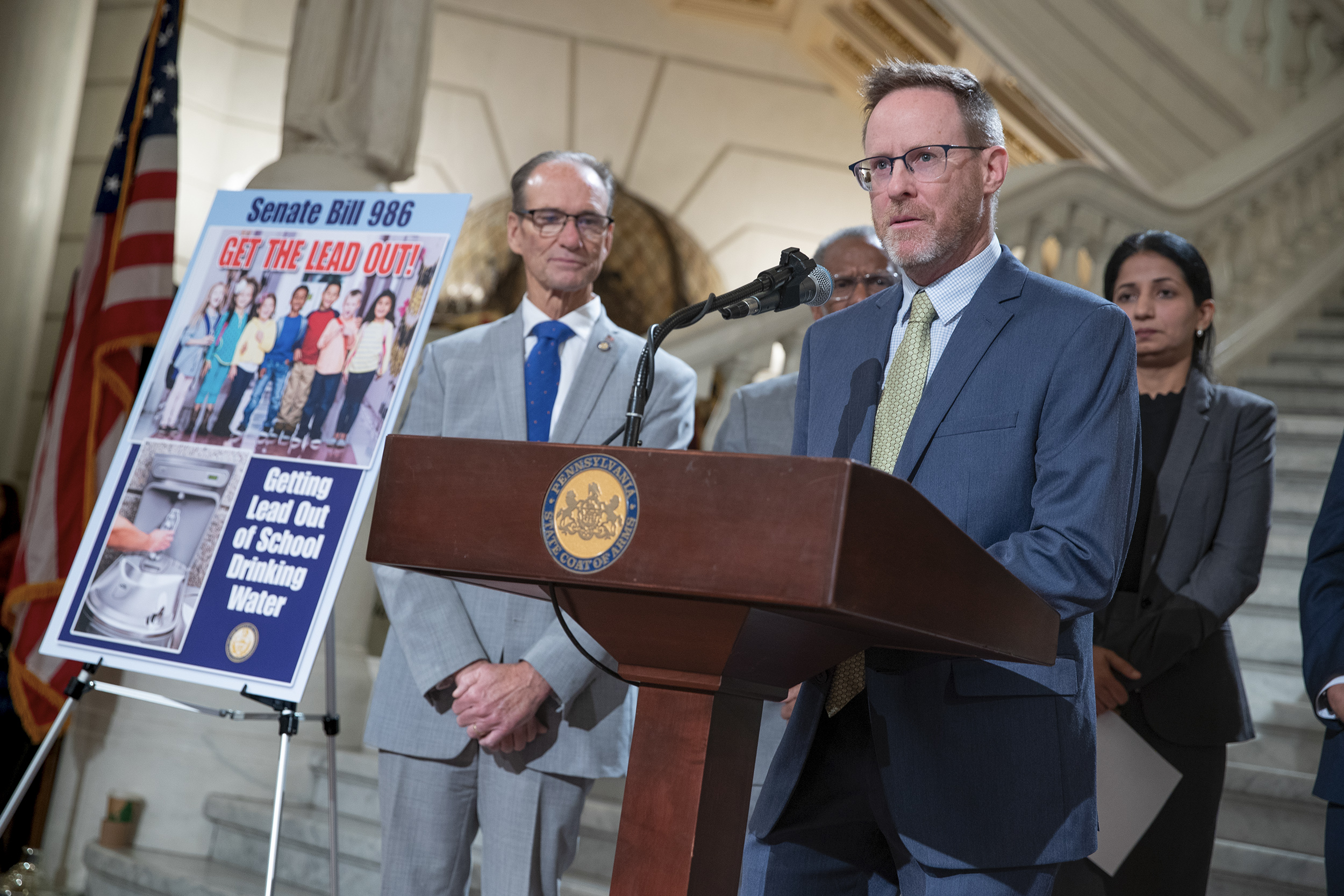
Letter of Support for Senate Bill 986
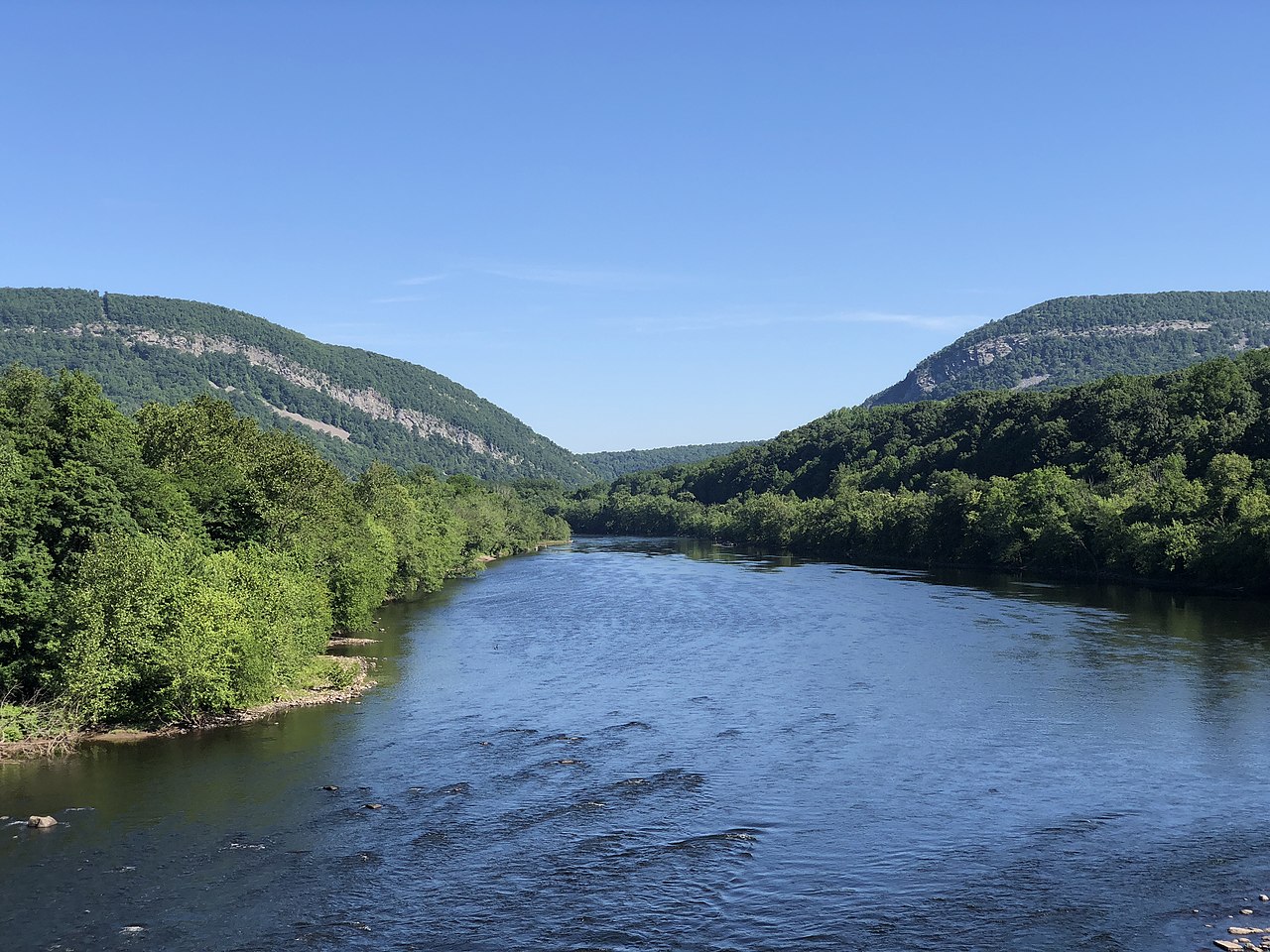
More than 50 PA officials call for stronger protections for Delaware River
